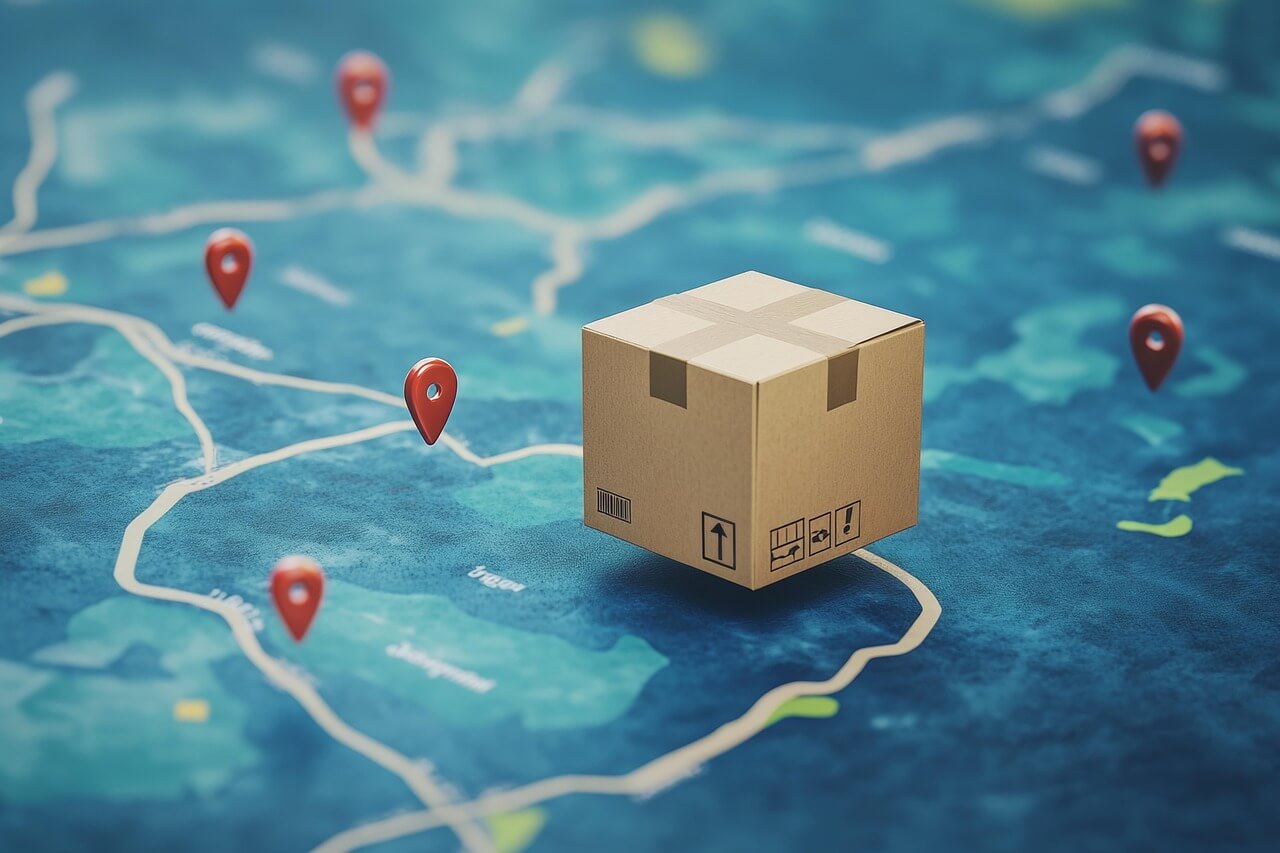
30
Apr
What should be noted for international shipping of plastic products in Tanzania?
**International Freight Transport of Plastic Products to Tanzania: Key Considerations**
Exporting plastic products to Tanzania involves several key considerations to ensure a smooth and efficient international freight transport process. Here are some essential points to keep in mind:
**1. Understanding the Regulatory Framework**:
Before arranging for the shipment of plastic goods to Tanzania, it's crucial to familiarize yourself with the regulations, standards, and import/export policies specific to the country. This includes understanding any customs requirements, tariff barriers, and necessary certification or licensing for plastics.
**2. Packaging and Labeling**:
Proper packaging and labeling of plastic products are essential for safe transport. Ensure that your products are packaged in a way that they can withstand the rigors of international shipping, including weather conditions and handling during transit. Additionally, clearly label the contents, origin, and intended destination to avoid any confusion during customs clearance.
**3. Cargo Insurance**:
Consider purchasing cargo insurance to protect your plastic products against damage or loss during transit. This is especially important for high-value or fragile items that might be affected by factors like rough handling or accidents during shipping.
**4. Shipping Modes and Routes**:
Choose the most appropriate mode of transport (e.g., air, sea, or land) based on the nature of your plastic products (weight, volume, and urgency). Consider also the most efficient shipping routes to Tanzania, which may be affected by factors like distance, weather conditions, and transportation infrastructure.
**5. Lead Time and Scheduling**:
When planning for international shipping, be mindful of lead times and schedules. Consider estimating the time taken for your plastic products to reach Tanzania based on chosen shipping mode and route. Plan your production and logistics accordingly to avoid delays or missed deadlines.
**6. Documentation**:
Prepare all necessary documents required for customs clearance and shipping such as commercial invoices, packing lists, certificates of origin, health declarations, and any other specific documents required for plastic products in Tanzania. Ensure these documents are accurate and complete to avoid delays at customs.
**7. Communication with Shipping Partners**:
Maintaining clear communication with your shipping partners (shippers, freight forwarders, customs brokers) is crucial during the entire process. Stay updated on the status of your shipment, any potential issues or delays, and work together to resolve any challenges promptly.
By considering these key aspects before exporting plastic products to Tanzania, you can ensure a smoother and more efficient international freight transport process.
Exporting plastic products to Tanzania involves several key considerations to ensure a smooth and efficient international freight transport process. Here are some essential points to keep in mind:
**1. Understanding the Regulatory Framework**:
Before arranging for the shipment of plastic goods to Tanzania, it's crucial to familiarize yourself with the regulations, standards, and import/export policies specific to the country. This includes understanding any customs requirements, tariff barriers, and necessary certification or licensing for plastics.
**2. Packaging and Labeling**:
Proper packaging and labeling of plastic products are essential for safe transport. Ensure that your products are packaged in a way that they can withstand the rigors of international shipping, including weather conditions and handling during transit. Additionally, clearly label the contents, origin, and intended destination to avoid any confusion during customs clearance.
**3. Cargo Insurance**:
Consider purchasing cargo insurance to protect your plastic products against damage or loss during transit. This is especially important for high-value or fragile items that might be affected by factors like rough handling or accidents during shipping.
**4. Shipping Modes and Routes**:
Choose the most appropriate mode of transport (e.g., air, sea, or land) based on the nature of your plastic products (weight, volume, and urgency). Consider also the most efficient shipping routes to Tanzania, which may be affected by factors like distance, weather conditions, and transportation infrastructure.
**5. Lead Time and Scheduling**:
When planning for international shipping, be mindful of lead times and schedules. Consider estimating the time taken for your plastic products to reach Tanzania based on chosen shipping mode and route. Plan your production and logistics accordingly to avoid delays or missed deadlines.
**6. Documentation**:
Prepare all necessary documents required for customs clearance and shipping such as commercial invoices, packing lists, certificates of origin, health declarations, and any other specific documents required for plastic products in Tanzania. Ensure these documents are accurate and complete to avoid delays at customs.
**7. Communication with Shipping Partners**:
Maintaining clear communication with your shipping partners (shippers, freight forwarders, customs brokers) is crucial during the entire process. Stay updated on the status of your shipment, any potential issues or delays, and work together to resolve any challenges promptly.
By considering these key aspects before exporting plastic products to Tanzania, you can ensure a smoother and more efficient international freight transport process.
LEAVE YOUR COMMENT
categories
recentpost
-
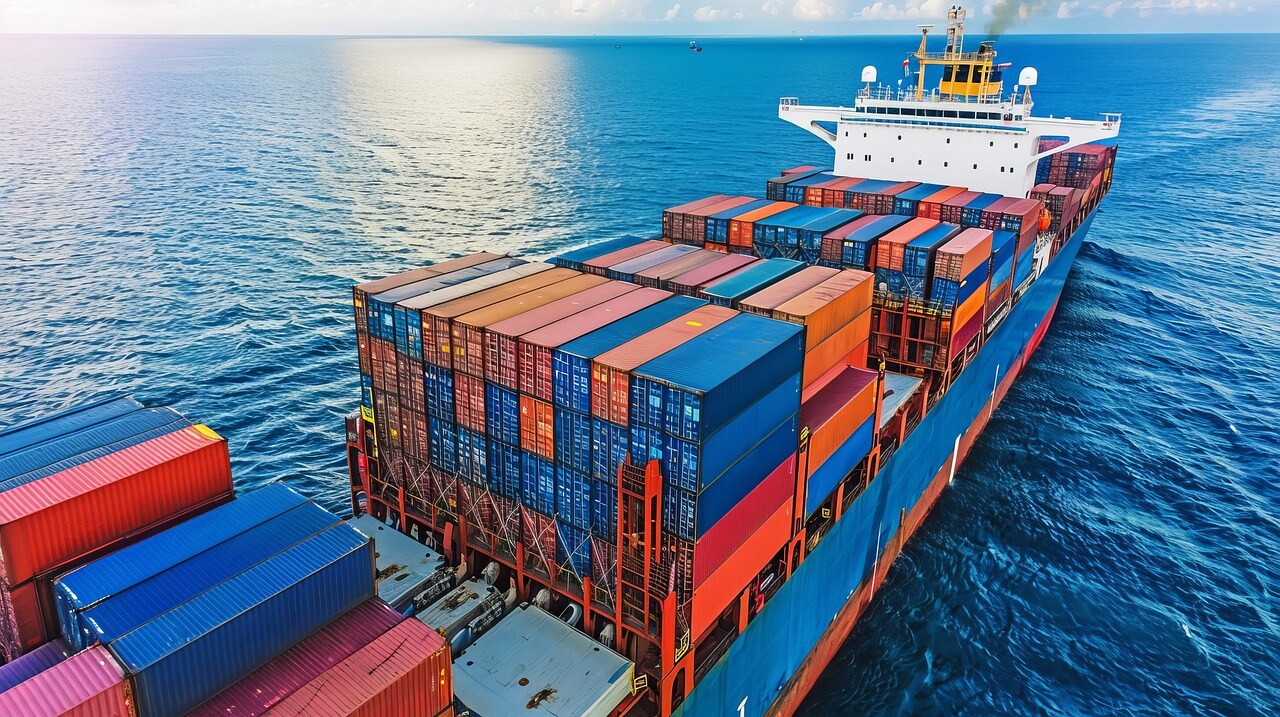 How can freight forwarders achieve efficient logistics and shipping from China to Tanzania?Apr 30,2025
How can freight forwarders achieve efficient logistics and shipping from China to Tanzania?Apr 30,2025 -
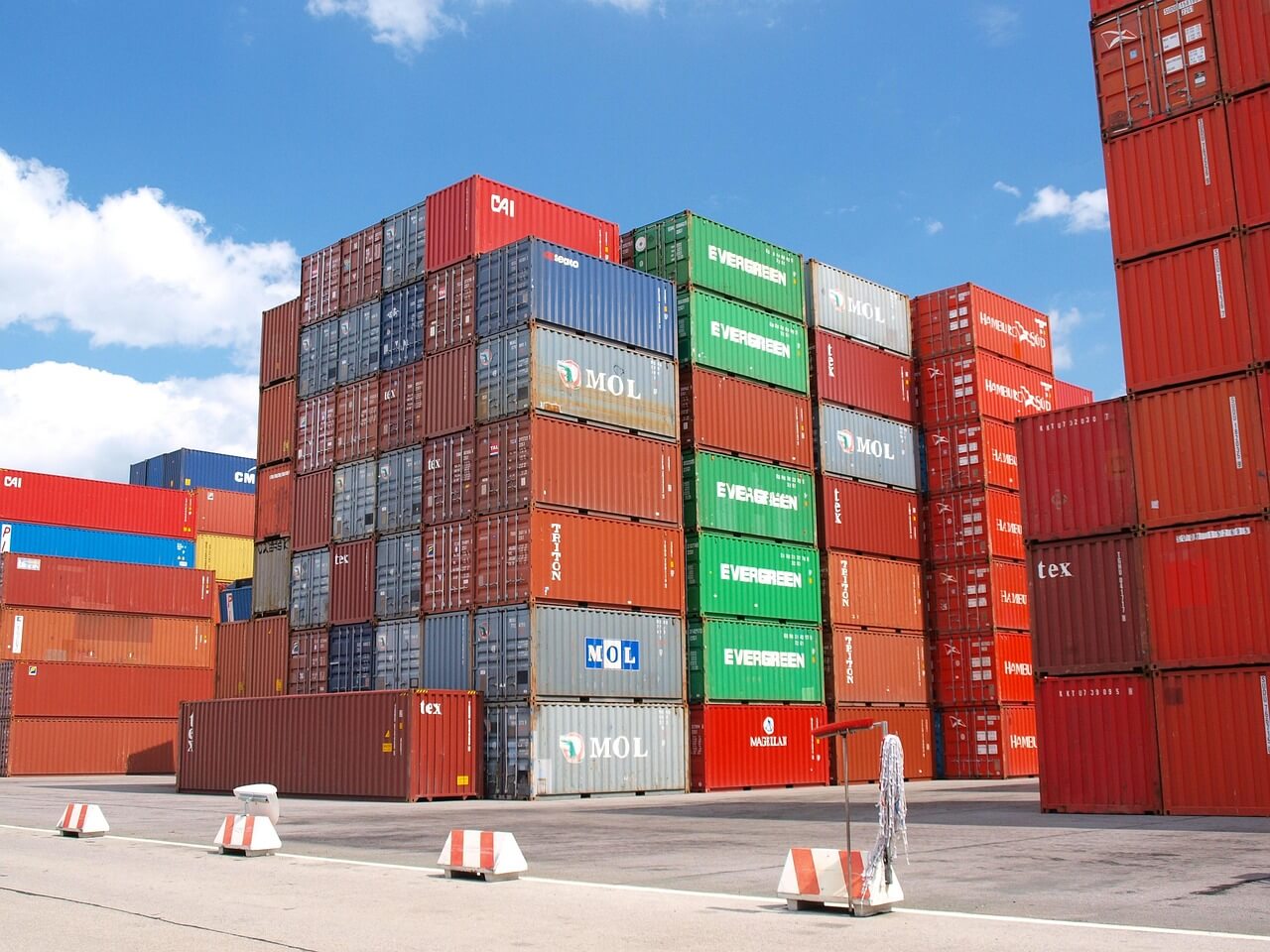 What are the guarantee measures for transportation and transaction services from China to the UnitedApr 30,2025
What are the guarantee measures for transportation and transaction services from China to the UnitedApr 30,2025 -
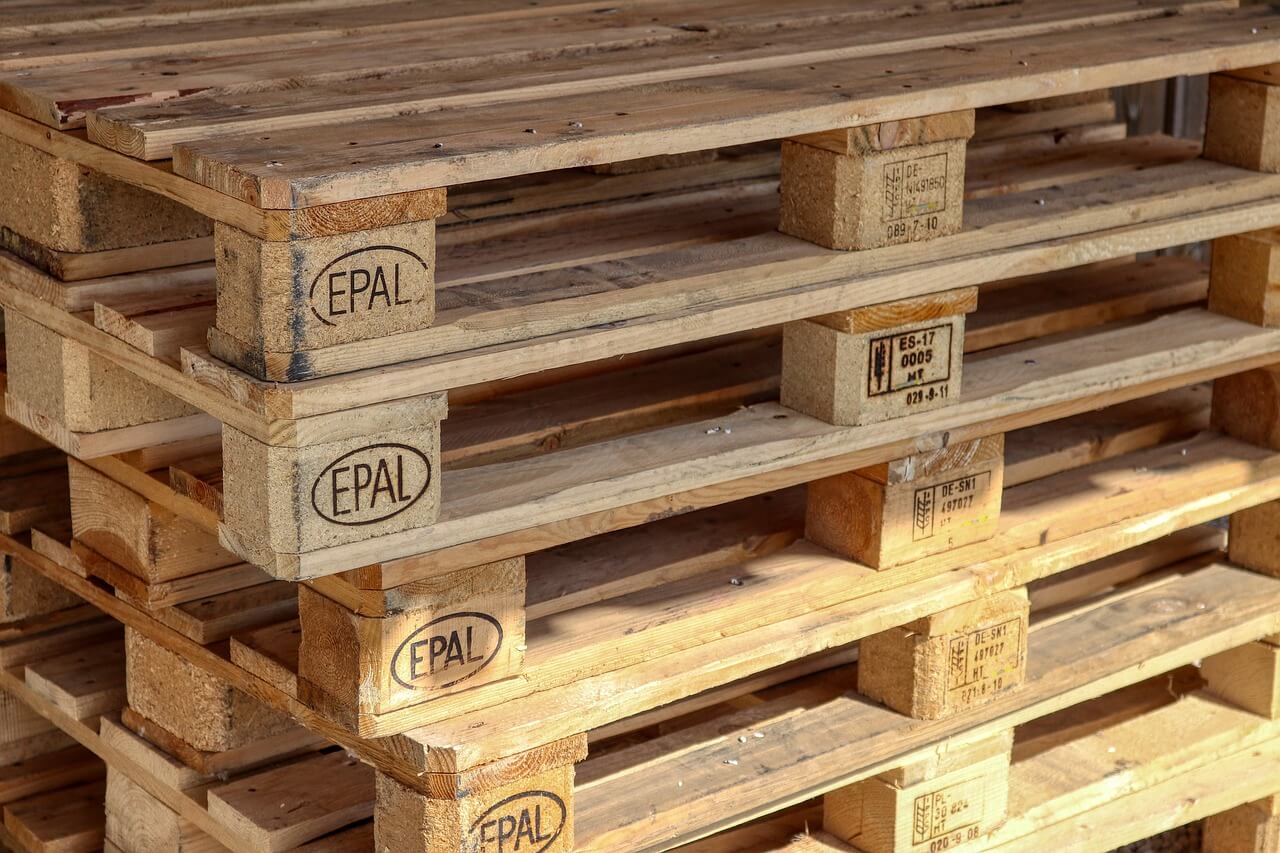 How is the international freight delivery service for transporting goods to Saudi Arabia?Apr 30,2025
How is the international freight delivery service for transporting goods to Saudi Arabia?Apr 30,2025 -
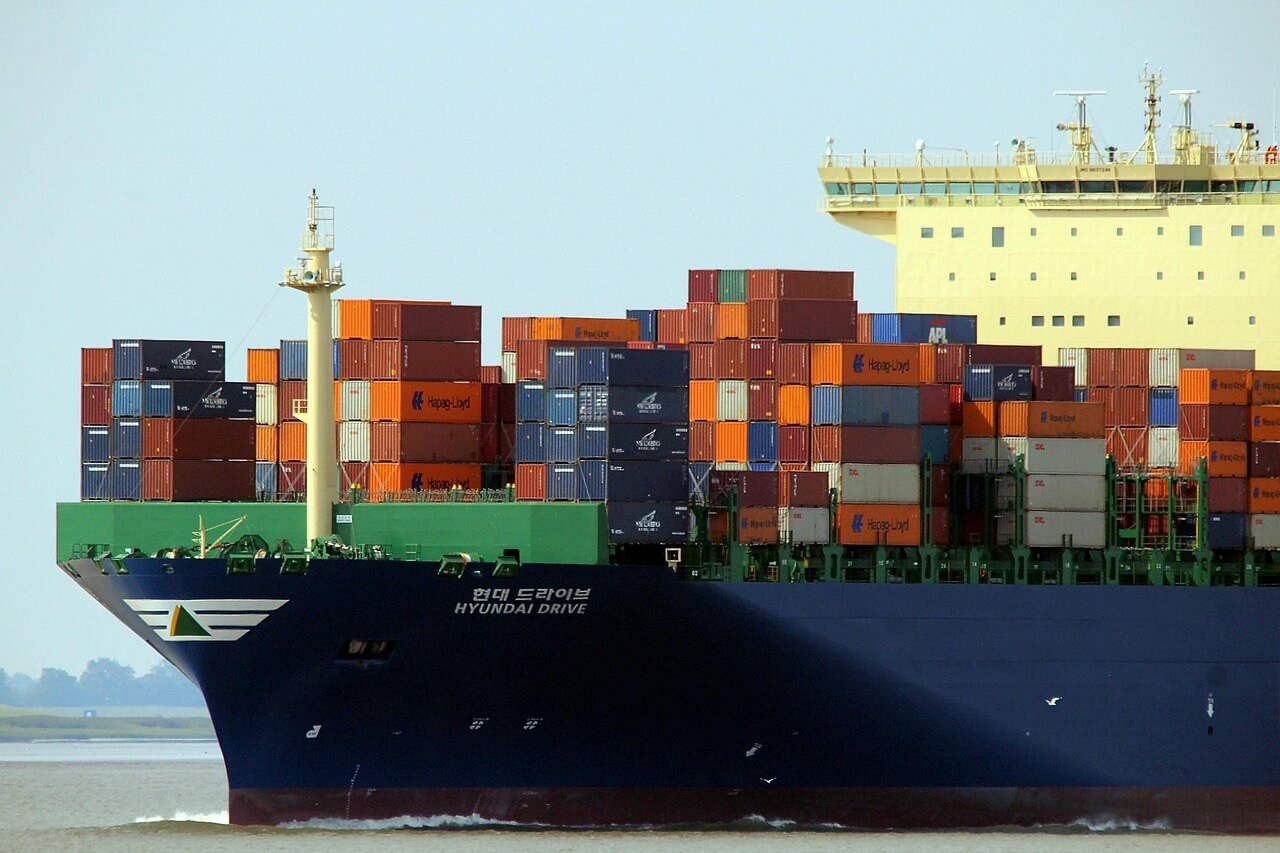 What is the delivery time for international freight from China to Kenya?Apr 30,2025
What is the delivery time for international freight from China to Kenya?Apr 30,2025 -
 What is the customs clearance process for global land transportation from China to the United Arab EApr 30,2025
What is the customs clearance process for global land transportation from China to the United Arab EApr 30,2025 -
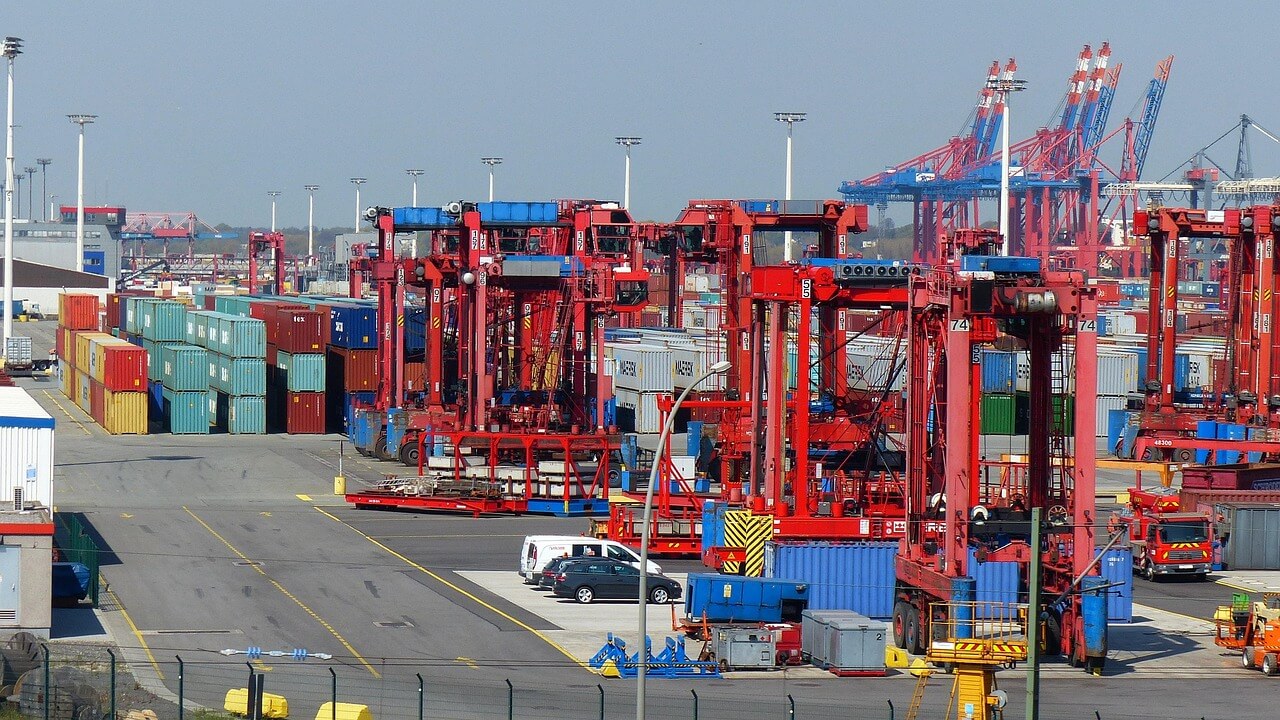 Shipping Guide from China to Qatar: How to Calculate LCL Shipping Cost?Apr 30,2025
Shipping Guide from China to Qatar: How to Calculate LCL Shipping Cost?Apr 30,2025

